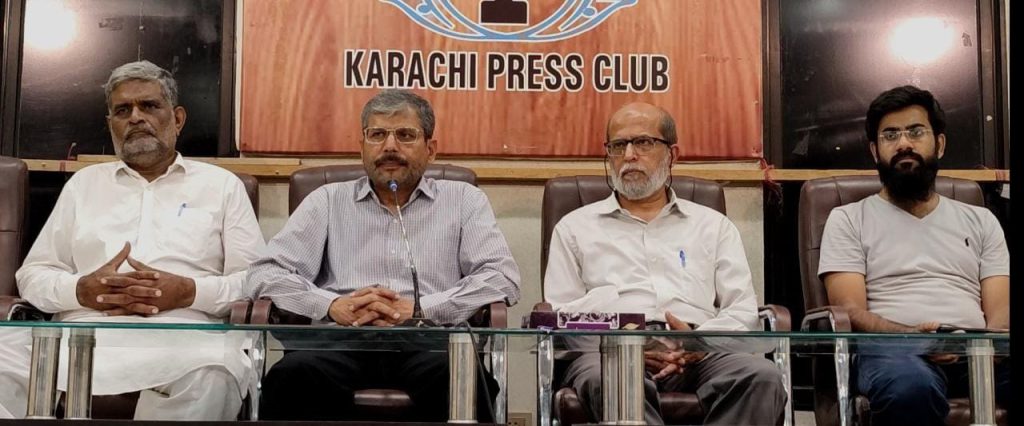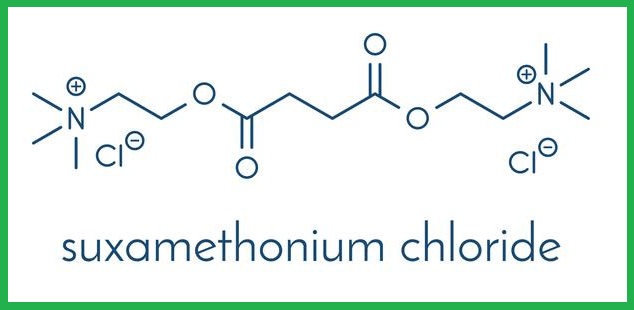PRESS RELEASE
31-8-2022
President of Pakistan Islamic Medical Association (PIMA) Karachi, Professor Abdullah Muttaqi, while addressing a press conference at Karachi Press Club, said that due to the recent extraordinary monsoon rains, the flood had caused immense destruction in most parts of the country, a total of 3 Crore 3 lacs and 46 thousand people were affected by this flood. On this occasion, council members of PIMA Karachi, Chest Specialist Professor Sohail Akhtar, and in charge of Relief Department PIMA Karachi, Dr. Rao Mohammad Naeem, were also present.
He said PIMA is actively working to provide medical facilities in the flood-affected areas. PIMA has split this relief effort into two parts. In the initial Phase, mobile clinics and camps clinics are being developed. In the second stage, we’ll provide treatment to patients in specialist hospitals with various illnesses via our referral process.
PIMA’s volunteer doctors provide ongoing services to satisfy the health needs of those affected by floods and rains to ensure their safety from epidemics by establishing clinics and mobile units throughout South Punjab, Balochistan, Sindh, and Khyber Pakhtunkhwa. As of now, 70 centers are being set up in 30 locations, where more than 150 paramedics and doctors are offering their services. Medical treatment and medications for free were provided to more than 15,000 patients in these camps, for an amount in excess of 1.8 million. The first step in an emergency is to relocate patients to safer locations and provide them patients with food and shelter.
Dr. Abdullah Muttaqi said that we are trying to bring the attention of the government and other organizations to the possibility of a medical emergency via the press conference. Teams from PIMA Karachi have conducted medical camps in Skarund District, Nawab Shah, and Sajawal, Thatta in the recent two days. Not only are the epidemics taking place in flood-affected regions diarrhoea, but cholera, enteritis, and typhoid have also been becoming more prevalent due to pollution of water Dengue and malaria are rising due to the long-term standing water. These illnesses can cause an increase in mortality in the affected areas. The number of patients suffering from snake bites is also predicted to increase.
Skin diseases like fungal and scabies are not uncommon due to the lack of hygiene.
Of all the groups, those who are most affected are infants and mothers-to-be, as well as those who are old. The availability of milk and food will become harder for babies and mothers and result in severe anemia and weakness for both the mother and baby. Adults who suffer from chronic or incurable diseases like heart, respiratory, liver, diabetes, kidneys, or cancer might be affected by interruptions to their continuing treatment and issues taking their medicines. The increase in deaths could be many times higher than the present deaths when timely steps are not implemented.
We asked the government:
1. It is urgent to announce the plan to address this possible medical crisis.
2. Set up a committee comprised of medical experts to develop a national strategy to prevent these illnesses, especially the spread of epidemics.
3. The government must use its resources to build field hospitals that provide essential treatments and preventative facilities to treat these prevalent illnesses.
4. Control centers run by the government’s authority must be set up in each district, via which information can be exchanged among different NGOs to prevent the overuse of facilities.
Dr. Abdullah said that PIMA Karachi wants to provide a workforce in collaboration with doctors from all over Sindh. We request the young doctors to join us in this good cause and offer their full support in providing medical facilities to the people displaced by the floods.
Released
Dr. Shoaib Akram
Press and Media Secretary
Pakistan Islamic Medical Association (PIMA) Karachi needs of people affected by rains and floods to keep them safe from epidemics through medical camps and mobile units in South Punjab, Balochistan, Sindh, and Khyber Pakhtunkhwa. So far, 70 centers have been set up at 30 locations where around 150 doctors and paramedics are rendering their services. Free treatment and free medicines were provided to more than 15,000 patients in these camps, worth about 1.8 million. The first step in such a situation is to move the victims to safe places and provide them with food and tents.
Dr. Abdullah Muttaqi said that we want to draw the attention of the government and other organizations to the possible medical crisis through this press conference. Teams of PIMA Karachi have conducted medical camps in Skarund District, Nawab Shah and Sajawal, Thatta in the last two days. Not only are epidemics breaking out in flood-affected areas, cholera, diarrhoea, enteritis, and typhoid are becoming epidemic due to polluted water, while dengue and malaria are increasing due to prolonged standing water. These diseases can also lead to increased mortality in affected areas. The number of snake bite patients is also expected to rise.
Skin diseases such as scabies and fungal infections are also common due to a lack of sanitation.
Of all these, the most affected are infants, pregnant women, and the elderly. The supply of milk and food can become more difficult for mothers and their babies, which will cause severe anemia and weakness in both mother and baby. Older adults suffering from incurable or chronic disease such as heart, respiratory, liver, kidney, diabetes, or cancer may experience interruptions in their already ongoing treatment and difficulties in providing their medicines. This wave of increase in deaths may be many times more than the current deaths if timely measures are not taken.
He said we demand the government to:
1. Urgently announce the strategy to deal with this potential medical crisis.
2. Establish a panel of medical experts to formulate a national policy for preventing these diseases, especially epidemics.
3. The government should utilize its resources to establish field hospitals with essential treatment and prevention facilities for these common diseases.
4. Control centers under the government should be established in every district, through which information can be exchanged between various NGOs to avoid the wastage of facilities.
Dr. Abdullah said that PIMA Karachi wants to provide workforce in collaboration with doctors from all over Sindh. We request the young doctors to join us in this good cause and offer their full support in providing medical facilities to the people displaced by the floods.
Released
Dr. Shoaib Akram
Press and Media Secretary
Pakistan Islamic Medical Association (PIMA) Karachi


